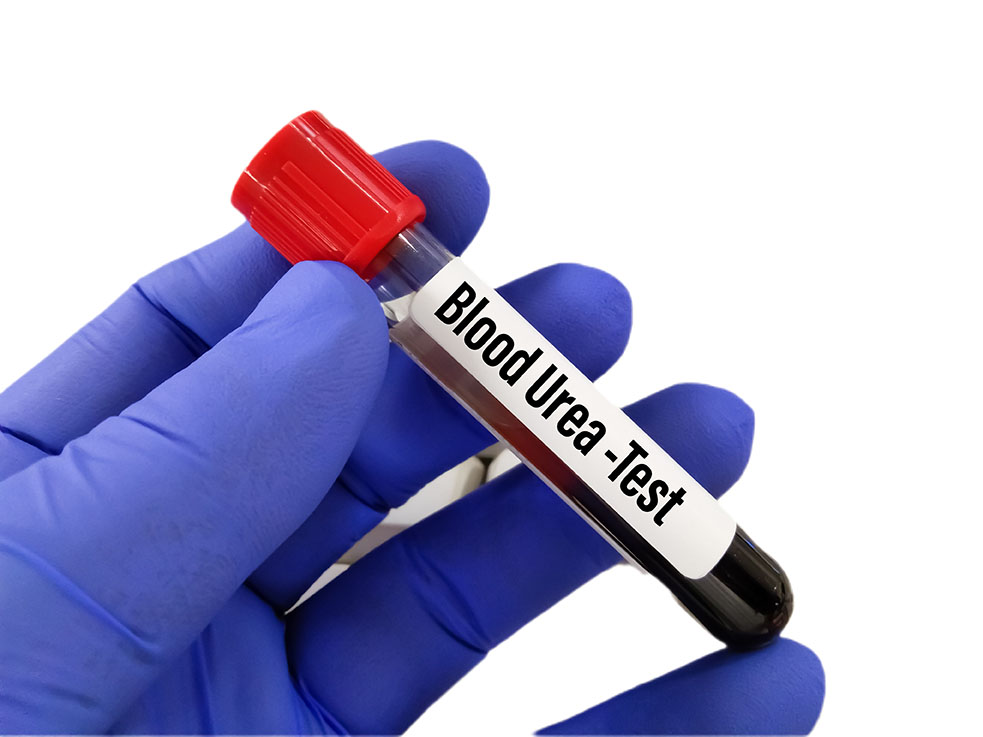

Urea is a chemical compound with the formula CO(NH₂)₂. It is a white, odourless solid that is soluble in water.
Urea is the main nitrogenous waste product of mammals. It is produced by the liver and is excreted in the urine.
Urea is also used in fertilisers and plastics. It is a good source of nitrogen for plants, and it is also used to make nylon and other plastics.
Urea is a relatively safe substance, but high levels of urea in the blood can be a sign of kidney disease.
Urea is the main nitrogenous waste product of mammals.

Noun: urea (plural: ureas).
Adjective: urea.
Verb: to ureate.
The word "urea" comes from the Latin word "uræ", which means "urine". The word "uræ" is derived from the Proto-Indo-European root *h₂worsom, which also means "urine".
The word "urea" was first used in English in the 17th century. It was originally used to refer to urine, but it soon came to be used to refer to the chemical compound itself.
Where is urea produced?
Question:
Explain the significance of urea in the human body's waste elimination process. Describe the role of the liver and kidneys in the production and excretion of urea. Discuss the potential consequences of urea buildup in the bloodstream.
Answer:
Urea plays a crucial role in the human body's waste elimination process, specifically in the removal of excess nitrogen, a byproduct of protein metabolism. It is a nitrogenous compound formed in the liver as a result of the breakdown of amino acids, the building blocks of proteins. Urea is then transported through the bloodstream to the kidneys for excretion.
The liver plays a central role in the production of urea through a process called the urea cycle. Amino acids released during protein breakdown are deaminated, and the resulting ammonia is converted into urea in the liver. This urea is released into the bloodstream and subsequently filtered by the kidneys. The kidneys, acting as a filtration system, remove urea and other waste products from the blood, excreting them in the form of urine.
Accumulation of urea in the bloodstream, a condition known as uremia, can lead to various health issues. Uremia occurs when the kidneys are unable to effectively remove urea and other waste products from the blood. This can result from kidney dysfunction or other medical conditions. Uremia can lead to symptoms such as fatigue, nausea, vomiting, and in severe cases, can cause organ damage and even death if left untreated.
Address
Developing Experts Limited
Exchange Street Buildings
35-37 Exchange Street
Norwich
NR2 1DP
UK
Phone
01603 273515
Email
hello@developingexperts.com
Copyright 2025 Developing Experts, All rights reserved.